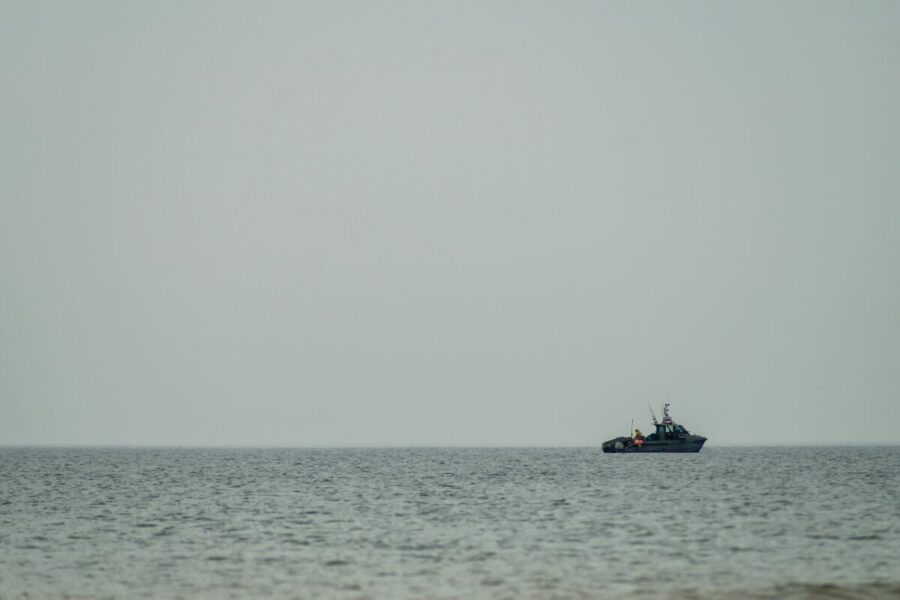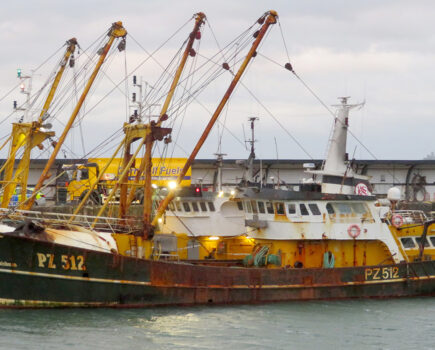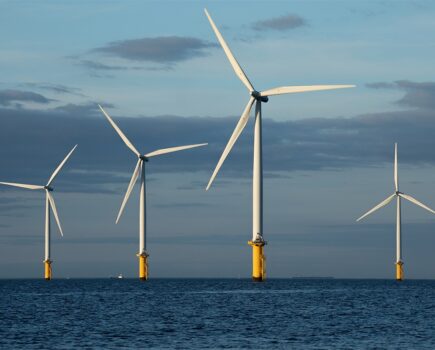New trade deal’s ‘at least’ clause raises alarm
The recent UK-EU revised trade agreement has implications for the sustainability of non-quota stocks (NQS) in UK and EU waters, a leading shellfish sector figure has warned.
Andrew Brown, a director of Macduff Shellfish and a vice chair of the North East Scotland Fisheries Development Partnership (NESFDP), said the agreement was not a simple rollover in terms of non-quota stocks like the 12-year agreement in relation to quota shares.
He told the latest meeting of the NESFDP that additional wording in the NQS section of the agreement says the UK and EU can fish NQS ‘at least’ as much as they have done historically.
“That ‘at least’ is new wording,” he said. “Up until now we’ve had a quota ceiling for NQS – 12,000t for UK vessels in EU waters and 32,000t for EU vessels in UK waters.
“That is no longer a ceiling – but, if you like, a floor. It means that these stocks are not subject to any sustainable management under the new TCA wording, and that has to be a concern for both fishermen and processors over the sustainability of non-quota stocks.
“It’s really important that that issue is addressed. We still don’t have any clear view of NQS landings by EU vessels from UK waters, so that’s a bit of a hidden issue, and it could really be substantial.”
In terms of the easing of export barriers in the trade deal, the agreement was ‘promising’, but the sector had to be realistic, he said.
“The timelines are not defined,” Andrew Brown told the meeting. “We have to make sure it’s a priority issue, because the Brexit barriers are still hurting exporters. The most recent estimate is that it will take a lot of discussion, and implementation will probably be early in January 2027.
“So we’re talking about a year and a half away, and things are going to get worse before they get better, because we have new EU legislation coming through in January 2026 on IUU transparency regulations which are going to put additional burdens on exporters to the EU (see page 13 – Fishing News 10th July).
“It’s really important, given we have sacrificed some of our fishing priorities to get this deal, that the EU is held to account for genuinely improving trade conditions, and I think there is a role here for this group and all politicians to hold the EU and this government to account to ensure progress is being made on that SPS [sanitary and phytosanitary] agreement.”
He also drew the attention of the meeting to the implications for the shellfish sector, and in particular scallopers, of the octopus bloom in the Western Channel, where a lot of Scottish scallopers fish and a number of Scottish scallop processors source their product.
“Those vessels will be going into the Western Channel from 1 July, because the Eastern Channel will be closed for a seasonal closure, and it’s looking really bad,” he said.
“We’ve heard reports from inshore scallopers there that there’s not that many scallops around. The octopus are actually using creel pots as habitats because they feel safe in there. They’re collecting crabs, lobsters, scallops and crawfish and taking them into the pots and eating them.
“The tonnages are huge, really big tonnages. So in Q3 this year we could see real difficulties for scallop fishermen and processors due to a lack of scallops and potentially crabs as well.”
By Tim Oliver
This story was taken from the latest issue of Fishing News. For more up-to-date and in-depth reports on the UK and Irish commercial fishing sector, subscribe to Fishing News here or buy the latest single issue for just £3.50 here.
Sign up to Fishing News’ FREE e-newsletter here.








